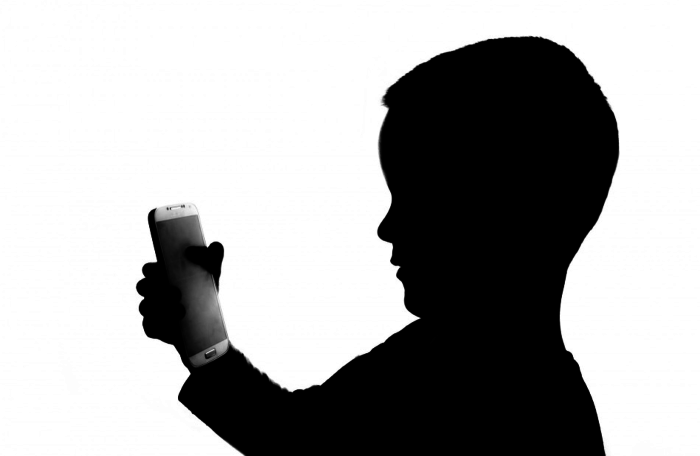A highly popular mobile entertainment app called TikTok is raising concern among parents as some of the most-viewed videos feature bragging about taking drugs. There is no age restriction imposed on the use of TikTok and parents are worried that the video content is exposing minors to substance abuse at an impressionable age.
The app has a large number of younger users, some only eight years old.

There are several videos online of skits or comical re-enactions of people doing illegal drugs such as MDMA and ketamine. This essentially exposes unaware younger users to these narcotics. The videos have gone viral and received millions of views. For easy searchability, hashtags such as #mdma and #ket further the reach.

A few videos include scenes where teens are using the drug while eating cereal such as “Special K” – which is also a popular nickname for ketamine. Other videos demonstrate what being high on the drug looks and feels like.

The short clips make the drugs seem as normal as eating cereal in the morning to younger audiences. Ketamine puts users in a trance which often causes a loss of feeling in the body and even paralysis in some muscles.
A Cape Town parent, who would like to remain anonymous, said there have been many conversations on her child’s WhatsApp class group chat concerning TikTok.
“My son is 10-years-old and he has the app downloaded on my phone. While we are very vigilant about tracking his online activity it is very concerning that he could stumble across one of these videos. The parents in my son’s class have queried the safety of this app, because all the kids are making innocent videos and posting to each other. We’ve all agreed to keep a watchful eye on their use of the app.
“However in light of this new information, I will be banning the app and deleting it off my phone. I have searched for the videos using the hashtags and they are readily available to watch. It is way to easy to find and children are very impressionable,” she said.
Sky News recently exposed a video from TikTok showing a user experiencing hallucinations while on the drug.
Ian Hamilton, a lecturer in addiction at the University of York, told the Sun Online that any social media young people are exposed to in relation to drugs like ketamine is problematic as there is unlikely to be any parental or grown up supervision that provide context for the child or monitor what the child does with the information they see.
“There is also a risk that children or young people view drug use as normalised, particularly among their peers, which is not the case as drug use by this age group, particularly ketamine, is exceptional. Equally apps like TikTok can give the impression that these type of drugs are harmless and fun to use…but most drugs including ketamine will have a different effect on children compared to adults. For example, children can overdose on a smaller dose of a drug than adults,” said Hamilton during his interview.
According to TikTok’s community guidelines, their mission is “to inspire creativity and bring joy” but the application has no official age restriction. The guidelines state they do not condone content that is linked with drug trafficking or illegal activities or related goods, this includes content that offers purchase, sale or trade or unlawfully acquired goods or instruction on how to conduct criminal activities. In spite of these regulations harmful content is slipping through the cracks and being uploaded nonetheless.
Picture: Pixabay

